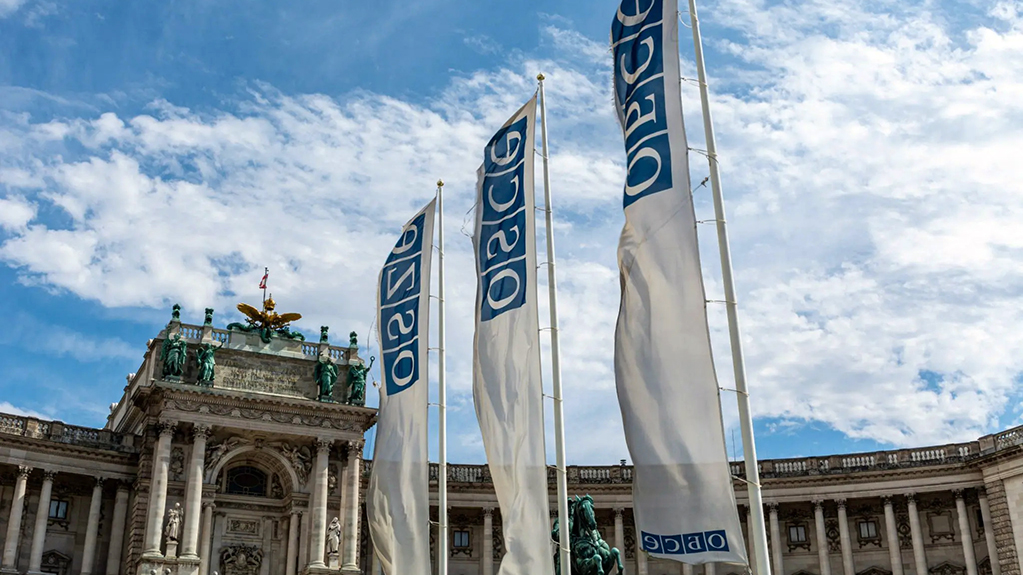The opposition parties that surpassed the barriers in the October 26 parliamentary elections - Coalition for Change, Unity - National Movement, Strong Georgia, and Gakharia for Georgia - have sent a joint letter to the OSCE/ODIHR. In the letter, they demand the activation of the so-called Moscow Mechanism, which calls for the dispatch of a special mission to Georgia.
News
Trending stories
- 1 Former Prime Minister Garibashvili Sentenced to Five Years in Prison After Plea Deal
- 2 Otar Partskhaladze Charged with Organizing Murder of Businessman Levan Jangveladze
- 3 Shalva Papuashvili Says Georgian Dream Filed Complaint with BBC
- 4 Georgian Dream Party Further Tightens Grants Law, Introducing Up to 6 Years in Prison
"Today, we have finalized a joint letter to be sent to the OSCE/ODIHR, in which we request the activation of the Moscow Mechanism, first used in 1991. This means that the OSCE/ODIHR should send a special mission to Georgia to investigate legal violations and the rigged elections, so that we can hold fair elections in the future. Additionally, we ask the OSCE/ODIHR to investigate the violent acts being carried out by the Russian regime against its own population," said Giorgi Butikashvili, a member of the Coalition for Change, at a briefing today.
The parties are attaching a report from the Georgian Young Lawyers Association to the letter, which "explains in detail the violence and terrorism that Ivanishvili has inflicted on his own population."
The Organization for Security and Co-operation in Europe (OSCE) established the Moscow Mechanism in 1991 to monitor the implementation of human rights and democracy commitments by member states. It allows for the possibility of sending independent expert missions to member states to assist them in addressing "a specific issue or problem affecting the human dimension." More specifically, the Moscow Mechanism is used when there are gross and systematic violations of human rights.
To date, the Moscow Mechanism has been used 15 times, including:
- In 1992, in Croatia and Bosnia and Herzegovina, in response to reports of atrocities and attacks against unarmed civilians;
- To investigate the situation in Belarus following the 2010 presidential elections;
- In 2018, to investigate alleged human rights violations in Chechnya;
- To investigate human rights violations related to the 2020 presidential elections in Belarus, when the Belarusian authorities refused to cooperate with the OSCE, although the report was still prepared;
- Following the Russian invasion of Ukraine, in 2022, 2023, and 2024, to establish possible cases and circumstances of war crimes and crimes against humanity.
The Moscow Mechanism is implemented by the OSCE Office for Democratic Institutions and Human Rights (ODIHR).















